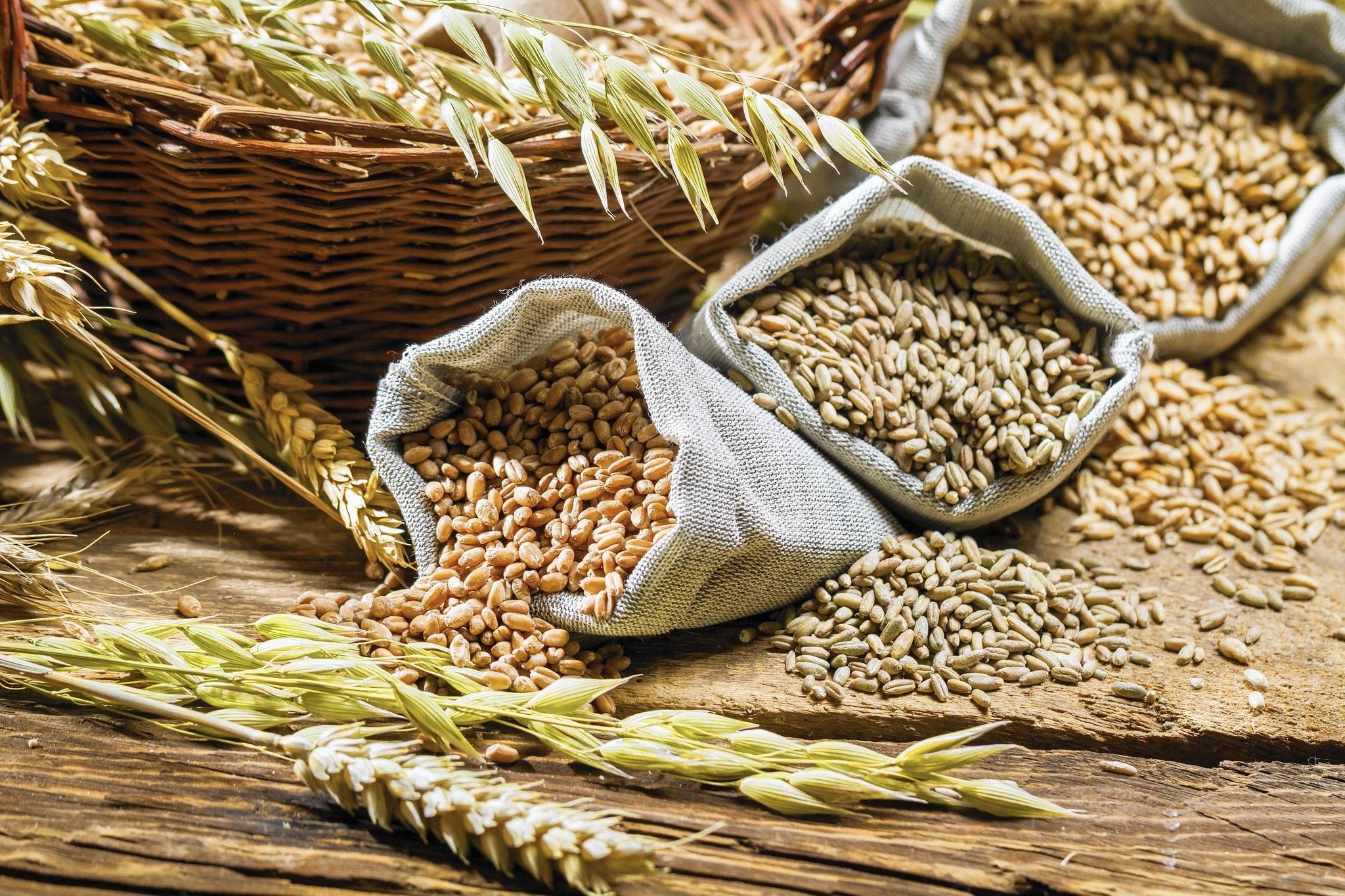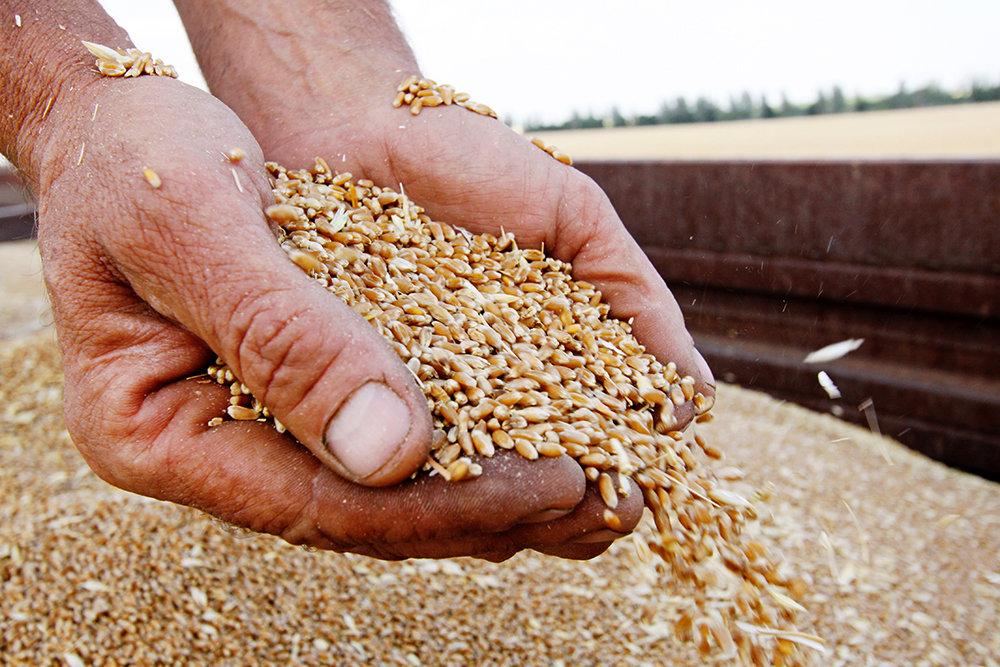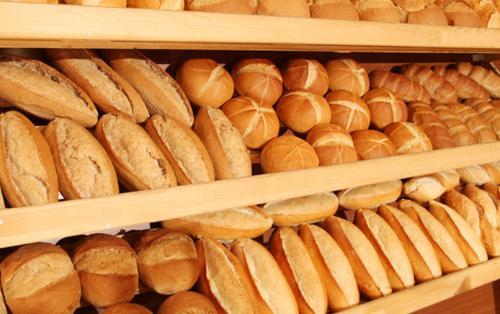Bread issue in Azerbaijan Caliber.Az comments on expected main staple price hike
The factor of imported inflation continues to dominate the food market in most post-Soviet countries. Despite the growth in production and exports of Russian and Kazakh wheat and relative normalization of Ukrainian grain supply logistics, prices for flour, pasta, and bakery products did not decline. On the contrary, in August, a new round of price increases for flour products was outlined, and these global negative processes have not spared Azerbaijan, where due to rising costs of flour mills and bakeries, a slight increase in retail prices for bread is also expected.
Despite the formation of safe sea corridors for the export of wheat and other agricultural products from Ukraine, as well as a good grain harvest in Russia and Kazakhstan, in August, prices for wheat flour, sugar, vegetable oils, meat, and a number of other agricultural products in several post-Soviet countries continued to rise again. It is noteworthy that vital foodstuffs became more expensive not only in Armenia, Georgia, Moldova, Kyrgyzstan, and other countries that traditionally depend on food imports, but similar trends were observed in Russia, Kazakhstan, and Belarus, which have a high level of food self-sufficiency.
This strange, at first glance, the phenomenon can be explained quite simply. Even on the threshold of the food crisis, since the end of 2021, Russia, Kazakhstan, India, and some other countries began one after another to introduce export quotas and additional customs duties and export duties on grains, feed, feed additives, oilseeds, and different fertilizers. This was done with the aim of regulating the domestic market and maintaining the stability of domestic wholesale and retail prices for foodstuffs. Moreover, after February 24, with the beginning of the Russian "special operation" in Ukraine, these trends only expanded. Almost all post-Soviet countries imposed restrictions on the export of major types of agricultural raw materials and foodstuffs.

The fact is that global food, and grain markets, in particular, are not initially integral, but divided into local regional clusters, which differ to some extent in their price levels. The highest level of exchange prices is usually observed in the countries of Northern Europe, the USA, Canada, and Japan, and prices decrease step by step, reaching their minimums in Africa, the Middle East, Asia, South America, etc.
In periods of global abundance and low cost of grains and other basic food this margin gap is not so significant, each of the local markets has its own price line, and the world's major food producers flexibly adjust wholesale prices to the standard of living and consumption in one or another country. The situation is completely different during global crises and price-gouging: firstly, the factor of imported inflation - not only do all foreign food products become more expensive, but also imported agricultural raw materials and components used in domestic production, automatically increasing the cost of production. Secondly, an equally negative pattern emerges: producers of comparatively cheaper food in developing countries tend to export it to richer countries with a higher level of exchange prices, and as a consequence, the domestic food market, where a new round of price growth starts because of the reduced supply, suffers.
Trying to prevent a massive outflow of food from the domestic market, a year ago Russia raised export duties twice and imposed restrictions on global exports of grain, meslin, and flour, except for EAEU member countries. After the military escalation in Ukraine, a ban on exports of sunflower and rapeseed from Russia was imposed already this spring. Finally, the Russian government even banned the export of grain to the EAEU countries (with the exception of Belarus) from March 15 to June 30. It is also prohibited to export sugar from the Russian Federation from March 15 to August 31, and it is possible to export sugar to the EAEU states, but only with special permits, which are issued by the Ministry of Agriculture of the country.
Belarus followed a similar route, where the export of buckwheat, flour, sugar, and salt from the country was restricted. Kazakhstan, the largest regional bread basket, has also imposed restrictions on grain and flour exports since April to protect the domestic market. The export quota for wheat was one million tons, flour - no more than 300,000 tons. "These restrictions are due to the fact that Kazakh exporters do not want to sell grain to local milling companies, they are waiting for the export price to increase," the Minister of Agriculture of Kazakhstan Yerbol Karashukeyev, said in April, commenting on the forced harsh measures to protect the domestic market.

In the current situation, Azerbaijan had to conduct a similar protectionist policy: the country facilitated the import of strategically important food wheat, from last year the abolition of VAT and preserved zero duty for importers of grain, subsidies were allocated to flour mills and other steps were taken to ensure the security of the local market. Among other things, the republic created the Agency of State Reserves, that is, the structure of food reserves is being formed. Part of the food imported and produced in the country should be reserved in the warehouses of the Agency both in case of force majeure and in order to regulate prices in the domestic market. In order to maintain stability in the domestic food market, the Cabinet of Ministers in March adopted a resolution "On measures to regulate exports from the country of some basic foodstuffs included in the minimum consumer basket and raw materials used in their production." The document restricted the export of basic food products and raw materials, including flour and cereals, malt, starches, inulin, wheat gluten, oil seeds and fruits, some medicinal plants, fodder grasses, and fodder grain.
It is obvious that in the context of the global food crisis and imported inflation, customs preferences, quotas, and export restrictions cannot be a panacea for all the problems. Nevertheless, the above-mentioned measures made it possible to freeze the rise in prices for bakery products for a certain period after the next price growth for food wheat in January 2022, when local flour mills and bakeries were forced to raise selling prices for their products. In Azerbaijan, prices for bread are not regulated by the state, but at the beginning of the year, a consensus was reached between private bakeries and retail chains, according to which the price of traditional manufactured bread - a half-kilogram loaf on average was fixed at 0.65 AZN (0.5 AZN in 2021). All other types of bread (tandir, sliced loaf, different types of brown bread, yeast-free varieties), depending on the variety and weight, were sold at the average level of 0.7-0.85 manat. In those rare cases, when prices for bread rose insignificantly, the phenomenon typical for the local production was observed - the loaf weight was reduced. Nevertheless, the above-mentioned price parity as a whole was maintained during January-August of the current year, despite the considerable expenses of the local wheat importers and a considerable decrease in the profitability of the flour-milling and baking enterprises. After all, in addition to the rise in the price of imported baking wheat, transport and logistics costs for suppliers have increased markedly over the past year, tariffs for electricity, water, and fuel have risen, and all of this has been included in the cost of production. In fact, bread production in Azerbaijan was becoming more and more a low-margin business.
In general, in a market economy, the use of administrative mechanisms to reduce or retain prices is futile and its effectiveness is limited to a small time frame. Therefore, measures taken in post-Soviet countries to protect the domestic grain market only temporarily postponed the rise in prices for bread and flour products. According to the forecasts of the UN Food and Agriculture Organization (FAO), the probability of further growth in prices for flour and bread is still high both in the second half of this year and in 2023. Moreover, since the end of July 2022 in Russia, Belarus, Kazakhstan, Ukraine, Georgia, and Armenia there is a trend of rising prices for flour products.

This is due to a number of factors: in particular, protectionist policies in Russia, India (rice supplies), and a number of major grain-producing countries began to soften by mid-summer, and Kazakhstan increased exports to 6.4 million tons, and in June-July supplies expanded to the EU, Türkiye, the Middle East. As a result of the conclusion of agreements on "grain corridors" in the Black Sea at the end of July, 16 ships with half a million tons of corn, wheat, sunflower oil, and soybeans were sent from Ukrainian ports. However, the easing of export restrictions sharply increased supplies of wheat, fodder, and oilseeds from the post-Soviet region to the markets of drought-stricken EU countries, as well as Syria, Iraq, Egypt, and other countries of the Middle East and Africa, which faced a shortage of water for irrigation. As a result, the rule of communicating vessels worked: growth of exports to the high-capacity markets of the far abroad resulted in some reduction of food supply in the CIS countries, which led to another rise in prices.
In any case, the completion of the winter harvest in June did not lead to the expected decline in wheat prices in the CIS countries. According to a number of Azerbaijani media outlets, a slight rise in flour prices in our country is also possible in the coming days, so, according to preliminary data, a standard loaf of factory-made white bread will rise in price by 0.05 manat (about 70 qepiks). At the same time, due to the rise in prices of forage grain and fodder in Azerbaijan, there is a trend of rising meat prices by about 10%.
The rise in food prices always negatively affects the social well-being of society. But until recently the government efforts in Azerbaijan were able to minimize the negative external impact that pressured the bread market of the republic: so, despite the noticeable increase in the price of imported wheat, a standard 50-kilogram package of wheat flour at the local market was sold at a price not higher than 35.9 manats. For comparison: the largest regional grain producers - Kazakhstan and Russia - sell a similar bag of flour at a price of 37.8 and 37.4 manats respectively. To say nothing of the fact that the average price of a 500-gram loaf of bread in Russia is 1.39 AZN. Flour is also quite expensive in Turkey - a 50-kg pack is worth about 62 manats, while in neighboring Armenia and Georgia the figure is also quite high - 45.2 and 48.3 manats, respectively.
It remains to hope that the expected growth of bread prices in Azerbaijan will be small, especially in comparison with those established in neighboring countries and even more so far abroad. Since the beginning of the year, the prices for bread in EU countries increased by 10% on average, and in Central and Eastern European countries - Bulgaria, Lithuania, and Hungary even a 20% rise in bread prices was fixed: here the cost of a half-kilo loaf of white bread often exceeds 1,5 manat.
Well, the final solution to the bread issue in Azerbaijan is planned through the expansion of domestic production: the use of advanced agricultural technologies, the introduction of economical irrigation systems, increasing yields to 50 centners and more per hectare, provided that arable land is actively developed in the Karabakh region. All these measures in 3-4 years should lead to an increase of self-sufficiency in food wheat to the level of 80%, and as a consequence, a steady reduction of Azerbaijan's dependence on expensive imports.








